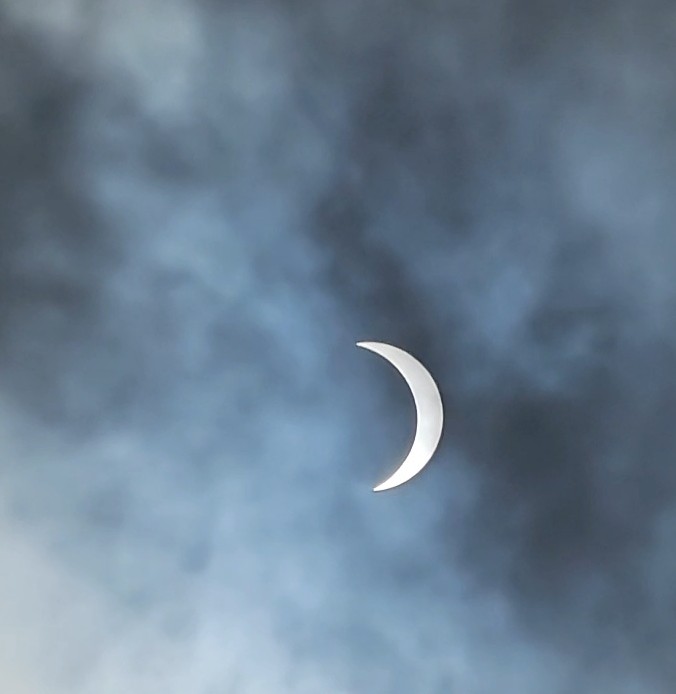Bro kinda looks like he’s wearing diapers
That’s entropy too, I guess 🤷♀️
His junk bubble yearns to burst free. Don’t hate on his gift.
Embrace it.
You could rewrite this to make it fit “That’s Amore”
The thing about Entropy that I’m sure people have worked out but I just don’t know is how it is this scary cosmic horror yet it wasn’t able to stop the very ordered formation of planets and solar systems… Or undo that before the billions of years it took for humans to have the concept of it.
It’s not a ‘scary cosmic horror’, it’s not even a force. It’s a principle, a consequence of the second law of thermodynamics. In any isolated system, its energy will always strive towards balance, (eg, in a isolated room where one corner is hot and another cold, the temperature eventually will balance in a equilibrium). From this process of homogenization is where we derive the term entropy. Any homogeneous system has high entropy, for instance, as it is the tendency in any system for its components to be uniform. As a descriptor, one can measure in any system its level of entropy.
In regards to your question, entropy doesn’t have a will of its own, so it wouldn’t have set out to stop the formation of the solar system. But eventually, the solar system WILL reach a state of high entropy, once the sun (the one providing the energy that keeps the solar system going) runs out of fuel and goes supernovaeBut isn’t that balance a more ordered state?
I’m sorry about any implied sentience, obviously Entropy isn’t a thing with an agenda. Though I do feel the need to point out that our sun is far too small to go supernova.
Think of a ball pit filled with balls of different colours. After a session of intense playing in it, presumably all the balls will have been mixed up. It’s now in a state of high entropy, where all of the balls are evenly distributed across the pit. But now, what if I wanted to enter the pit and sort the balls by colour? We would then have a corner of blue balls, a corner of red ball, etc. we have invested energy in the system and sorted the balls by colour, they are now ‘ordered’, and in a low entropy state. We know this state won’t last long though, once we get it and play the balls are gonna end up inevitably mixed up once again, the balls are going to end up in a high entropy equilibrium again.
That analogy makes more sense. Thanks for sticking with me.
I still don’t get the online people who talk about Entropy as if it is some force that dooms things, but I do better understand the basic physics I think. Thanks.
But… Also while I get it was an analogy, human action like launching probes into space is pretty entropic. All that stuff was ordered in a solid glove orbiting a star, and now it’s been all jumbled up into a bizzare state and flung way away from it’s place of order. So life itself is a high entropy way of generating low entropy?
The reason entropy is a “force” that dooms things is that once maximum entropy is achieved, there is no energy differential, and with no energy differential you can’t perform any work, life cannot exist, electricity cannot be generated, etc.
The idea that entropy unstoppably increases predicts that, eventually, all energy will be “spent” and no life can exist - a timer for all sentience in the universe.
Also, launching probes into space doesn’t increase entropy (to be precise, the act of launching probes uses energy with some inefficiency, so it does increase entropy, just not through the fact that a probe is now in space), because pulling matter away from other matter increases potential gravitational energy. Maximum entropy in this sense would be all matter in the universe clumped together into an inert, uniformly mixed… Clump?
Also, I’m not a physicist, so I probably got some things wrong, especially terminology, so take this with a grain of salt.
You can look at the formation of planets as a form of entropy. Life forming as a form of entropy.
Its just energy moving from a higher state to a lower state. And whenever that happens, a tiny amount of it is lost.
Over time, it adds up.
But, in chaos, there is order…







